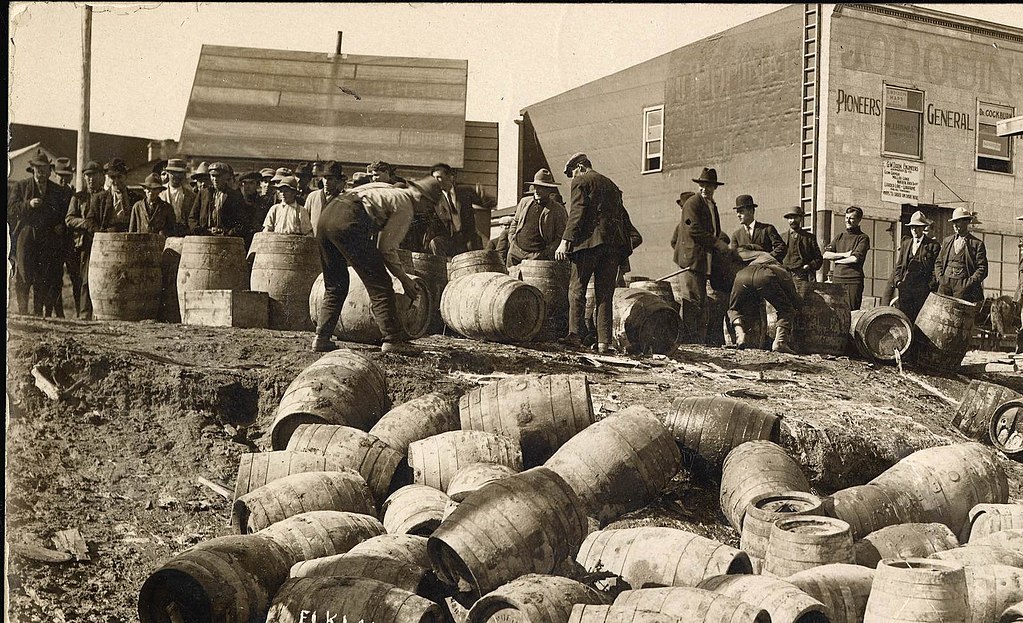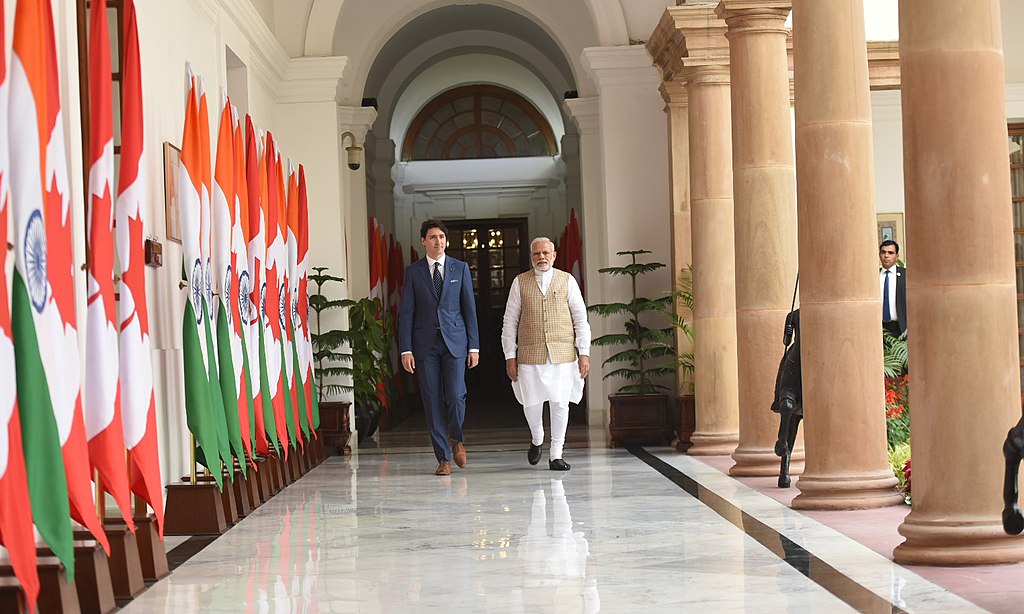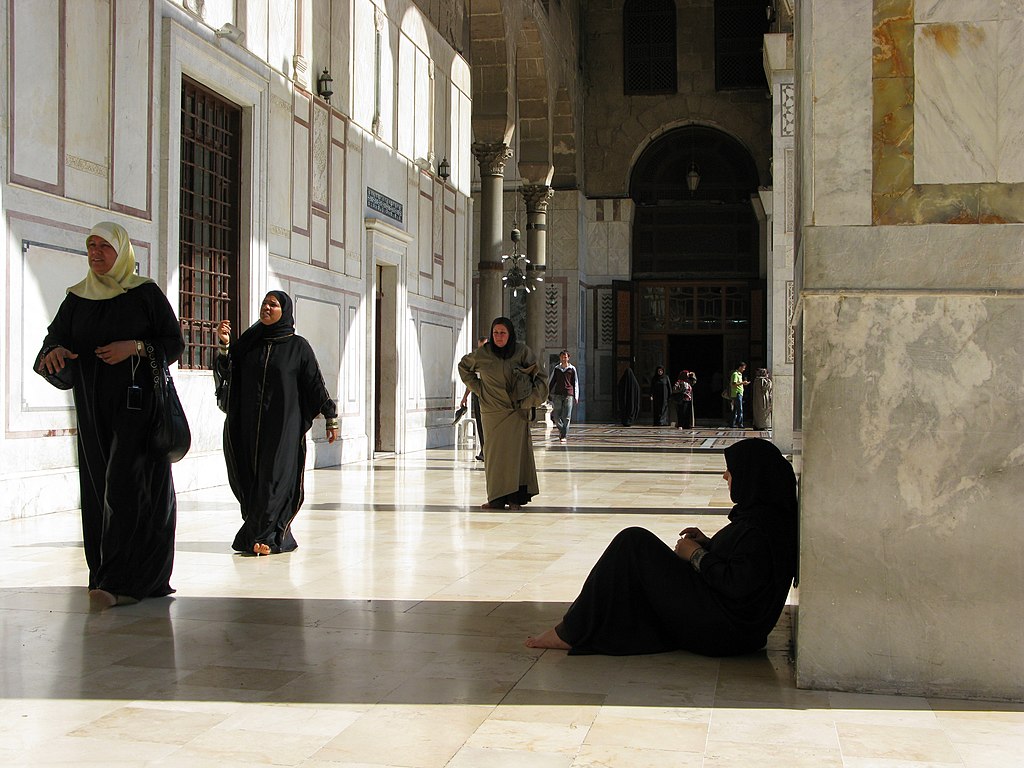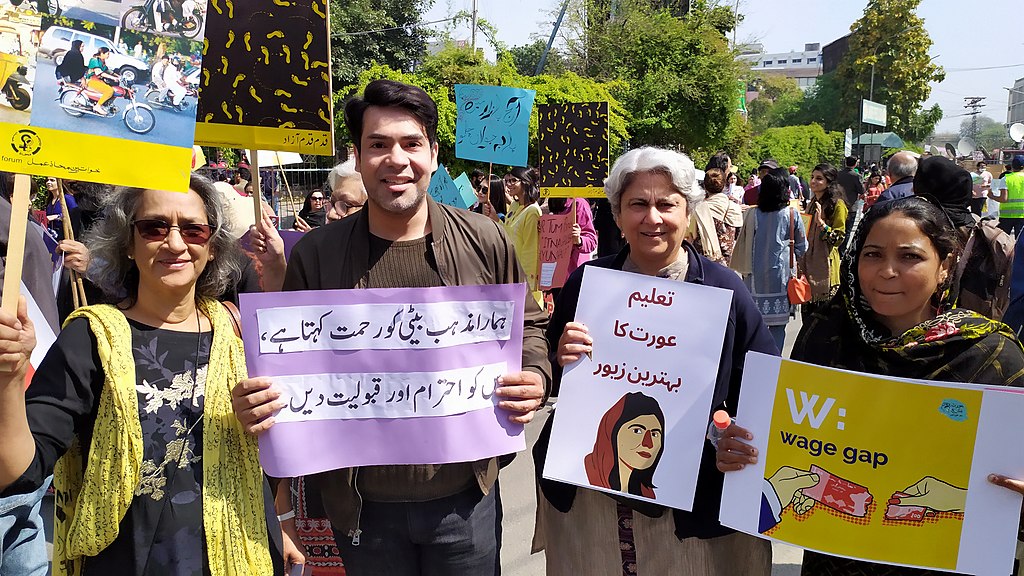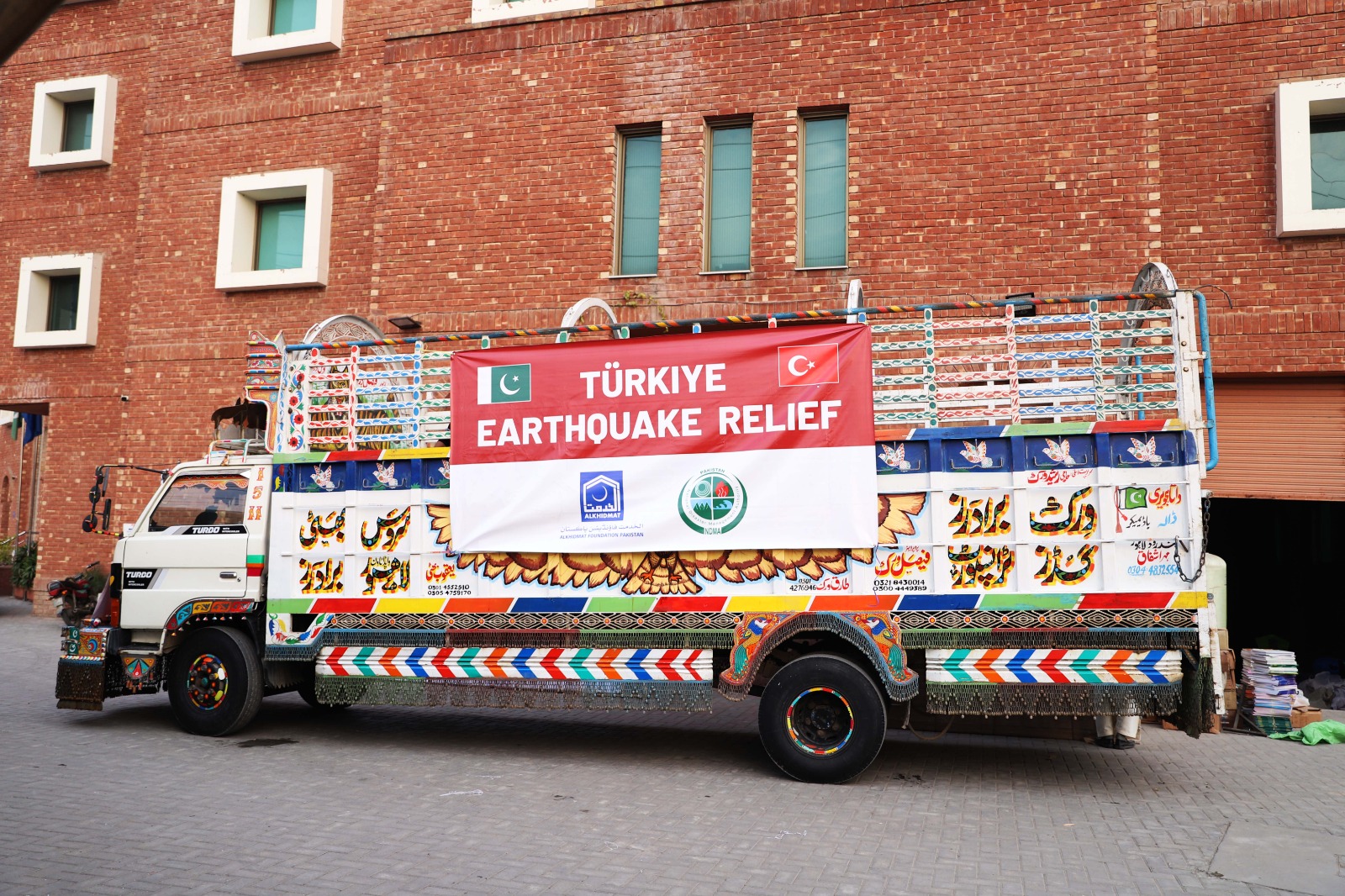This is a summary of the original article that may be found here
The mafia enjoys a certain level of popularity in showbiz culture. It is constantly being glorified in movies, video games, books, etc. where these hardened criminals are often portrayed as not only daring and “cool” but also as heroes.
This infatuation with the mafia is quite intriguing, although, of course, it would most certainly not be our perspective, as Muslims.
Let us explore a well-enforced Islamic prohibition — that of the consumption of alcohol — and how, when attempted in the West, it led to societal problems and eventually the rise of the modern mafia.
Wine and alcohol are common in all cultures of the world, besides Islam. Despite the obvious and well-known ills that are associated with the consumption of alcohol — from issues related to mental health and addiction, to drunken violence and deaths resulting from drunk drivers — it is simply not recognized as something evil.
And this doesn’t only apply to secular societies. Even the so-called major world religions seem to be completely incapable of recognizing it for the evil that it is.
In the Bible, for example, we read a proposition that is very permissive and easy-going.
“Let beer be for those who are perishing, wine for those who are in anguish! Let them drink and forget their poverty and remember their misery no more.” (Proverbs, 31:6-7)
In fact, the story goes that, in the 10th century, Vladimir the Great opted for Christianity for the Russian people over Islam exclusively due to Christianity’s soft stance in relation to alcohol consumption.
It was the same in the Arabia of Jahiliyyah (the days of ignorance, i.e., the pre-Islamic period). Wine was an integral part of social life. It was celebrated in poetry and was an essential part of events and festivities.
Yet Islam opposed it, very strongly. There are many Qur’anic verses (see 2:19, 4:43, 5:90) pertaining to the issue, but let’s just take a look at how Muslims wholeheartedly embraced the ruling of prohibition.
Anas (may Allah be pleased with him) narrated:
I was the cupbearer of the people in the house of Abu Talhah, and in those days drinks were prepared from dates. Allah’s Messenger (SAWS) ordered somebody to announce that alcoholic drinks had been prohibited. Abu Talhah ordered me to go out and spill the wine. I went out and spilled it, and it flowed in the streets of Madinah. Some people said, “Some people died and wine was still in their stomachs.” Thereupon the Divine revelation came: “There is no blame on those who believe and do righteous deeds as to what they have consumed [before this prohibition].” (5.93) [Bukhari]
While most societies can’t even push or persuade people to reduce the amount of alcohol they consume, let alone completely outlawing alcohol, here you have Islam prohibiting it and the consumers themselves destroying the bottles of their own will immediately thereafter.
This was a major social revolution brought about by Islam, the impact of which is still strong today. Muslims are, on average, incomparably more immune to this evil than all others, and this is due to the innate persuasive truth of Islam.
But what happened when the secular West tried to do the same?
The Shari’ah succeeded in exorcising one of the most ancient and universal evils of humanity. The secular world, however, has not been so successful, as demonstrated by the Prohibition era in the United States (1920-1933).
There were always attempts to ban alcohol in the West, from the perspective of public morality and health. Within the US, it was the so-called “Temperance Movement” of the 19th century. Then, at the beginning of the 20th century, the political class became conscious of the fact that something should be done about it through law.
Despite the initial success, the American people simply couldn’t give up their alcohol. This ended up creating a parallel economy of “bootlegging,” i.e., illegal smuggling. Alcohol was procured, manufactured and sold to the masses illegally.
And so was born the modern mafia or organized crime syndicates as call them today.
The term “organized crime” didn’t really exist in the United States before the Prohibition brought about by the 18th Amendment in 1919. Criminal gangs had existed in American cities since the late 19th-century, but they were mostly bands of street thugs running extortion and small-time rackets in certain ethnic neighbourhoods.
But the underworld power dynamics shifted dramatically with the onset of the 18th Amendment and the nationwide ban that went into effect, outlawing every kind of alcohol in America overnight. With bars and breweries out of business, someone had to step in to quench the thirst of the American people. And no one was better equipped than the mobsters.
In other words, Al Capone — and others of his ilk — came into prominence because the US attempted to achieve through secular law what Islam succeeded in doing through the Shari’ah.
Most Muslim countries are not very keen on enforcing Shari’ah, but Muslims in general still don’t drink alcohol even when the Shari’ah is not State-enforced.
On the other hand, you have secular law, which, even when it is enforced by the secular State, far from achieving its aims, leads to such social dysfunctionalities that crime itself becomes more complex, deeply entrenched and more powerful than the secular State itself.
The secular Prohibition in the US didn’t have the desired effects, yet it gave rise to the mafia, whereas the Shari’ah has been “prohibiting” alcohol for centuries without ever witnessing any kind of rise of a criminal class like the mafia.
Doesn’t this prove the superiority of the Shari’ah over secular law?
Doesn’t this prove that you can never successfully enforce a material law without also including a spiritual dimension to it?
The views expressed herein may not necessarily reflect the views of JI FAD and/or any of its affiliates

